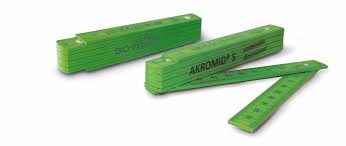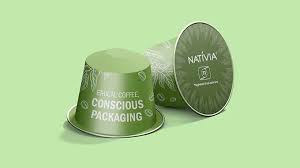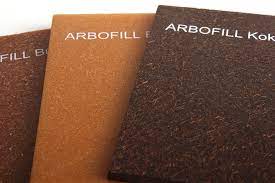Akromid @ Bio-Fed
$0.00
Available on back-order
Description
BIO-FED focuses on the development, compounding and marketing of bio-based and/or biodegradable plastics, initiating a renaissance of this material.
A characteristic property of AKROMID® S (PA 6.10) is that it has a renewable-resource content of up to 60% and therefore fulfils the current definition of a bioplastic¹. The plantbased raw material used is sebacic acid, synthesised from castor oil which is obtained from the seeds of Ricinus communis, the castor oil plant.
From a technical standpoint, AKROMID® S closes the gap between PA6/PA 6.6 and PA 12. It is characterised by significantly lower moisture absorption compared to PA 6 and PA 6.6. At 23 °C and 50 % relative humidity, typical values for these product types are 3 % and 2.8 %, respectively. With a value of approximately 1.4 %, PA 6.10 absorbs just half as much moisture and can therefore be used as an engineering material in applications requiring a high dimensional consistency. Moreover, it exhibits excellent cold impact resistance. Other outstanding characteristics include very good chemical resistance due to the structure of the polymer and high hydrolysis resistance, although it can be processed like all common polyamides.
The materials from the PA 6.10 product family are further characterised by exceptional dimensional PA 6.6
AKROMID® S3 GF 30 8 natural (7384) exhibits significantly better impact strength compared to PA 6/PA 6.6 and an improved carbon footprint. This is due to the fact that the plant-based raw materials have already removed CO₂ from the environment during their growth phase.
The product portfolio currently includes the following variants:
• AKROMID® S3 8 natural (4881) non-reinforced
• AKROMID® S3 GF 30 8 natural (7384) with 30 % glass fibre content
Applications
Based on the technical properties shown for the AKROMID® S series, the following applications are possible:
Machine Construction and Tool-building
• Plugs
• Housings
• Functional parts
• Etc.
Food Industry
• Packaging
• Crates
• Containers for liquid
• Etc.
Sports and Leisure
• Gardening tools
• Bicycle accessories
• Etc.
AKROMID® S is a bioplastic that meets today’s standard definition.
Like certain materials used in the packaging industry, however, the material is not biodegradable.
What distinguishes AKROMID® S is its reduced carbon footprint: the use of harmful CO₂ per tonne of polyamide produced from renewable resources is significantly lower compared to one tonne produced from fossil-based resources, without affecting the product’s performance characteristics.
Definition
Bioplastics are materials which are biodegradable and/or produced based on renewable resources (biobased). These materials have properties similar to those of conventional plastics and can be warehoused in a comparable manner. They can be processed on standard plastics machines.




